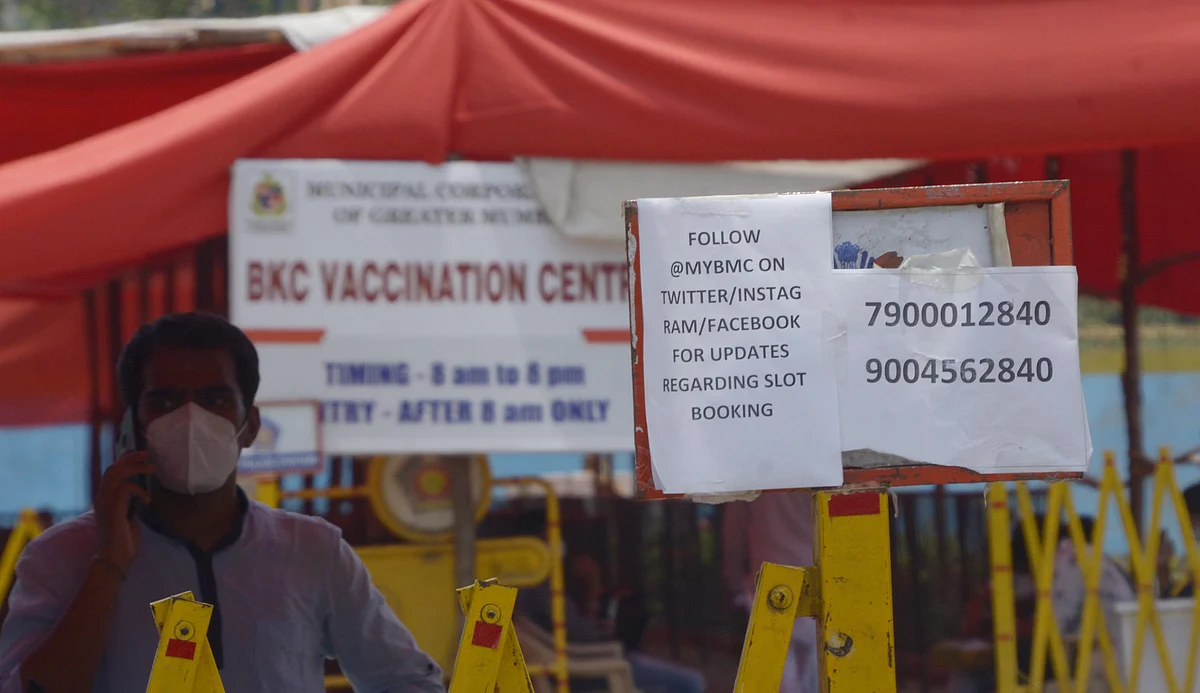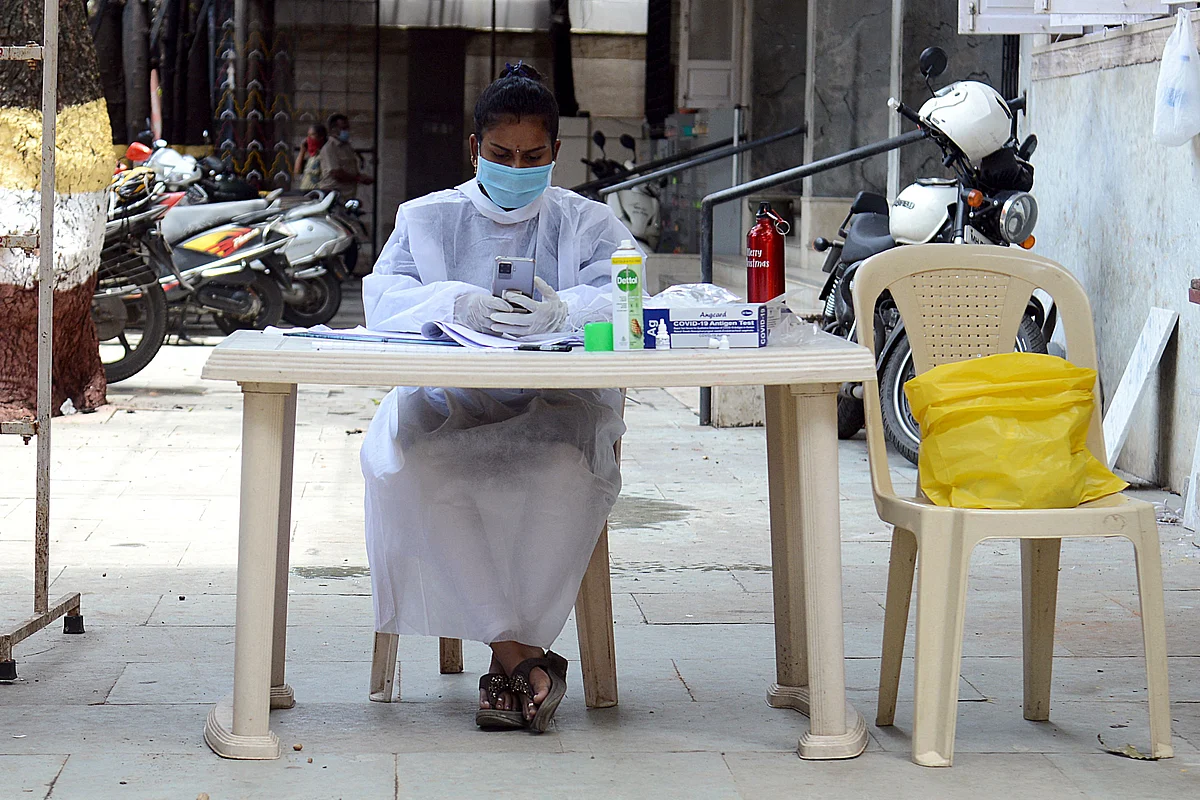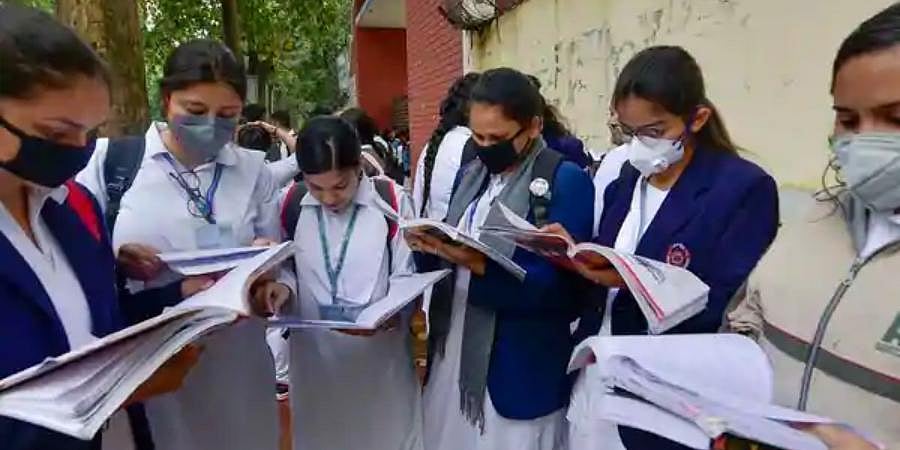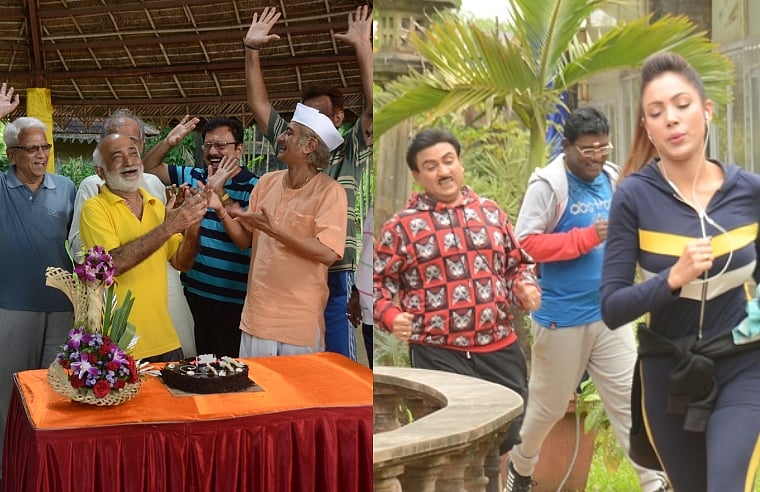August 13 is observed as World Organ Donation Day. The day aims to promote awareness about organ donation, how living and deceased can donate their organs and how it can help those ailing and in need of them.
First-ever organ transplant
In 1954, the first-ever successful transplant of any organ was done at the Brigham & Women's Hospital in Boston, Massachusetts, USA. The surgery was done by Dr. Joseph Murray, who received the Nobel Prize in Medicine for his work. The reason for his success was due to Richard and Ronald Herrick of Maine. Richard Herrick was a in the Navy and became severely ill with acute renal failure. His brother Ronald donated his kidney to Richard, and Richard lived another 8 years before his death. Before this, transplant recipients didn't survive more than 30 days.
The key to the successful transplant was the fact that Richard and Ronald were identical twin brothers and there was no need for anti-rejection medications, which was not known about at this point. This was the most pivotal moment in transplant surgery because now transplant teams knew that it could be successful and the role of rejection/anti-rejection medicine.
Organs that can be donated
A variety of organs and tissues can be donated by a deceased donor. The most common organs transplanted by a deceased donor are kidneys, liver, lungs, heart, heart valves and corneas. The other organs include intestine, pancreas, bones, skin, uterus and limbs.
Living donor transplants include kidney, partial liver, partial lung, bone marrow and uterus transplants.
Most commonly transplanted organs in India
The most commonly transplanted organs in India are corneas, kidneys, liver, bone marrow and heart.
Challenges in organ transplantation in India
Although India performs the second largest number of transplants in the world, it lags behind several European and American countries in the donation rate. According to the WHO statistics only 0.01 percent of Indians donate their organs.
Ignorance and prejudice continue to be the main challenges in organ transplantation in India. It’s a herculean task to overcome these challenges with the many ethical, some philosophical and very few practical strategies offered by the intellectual community. Listed below are the important challenges:-
Fears concerning the diagnosis of brain death. A sense of being cheated is often noticed in the family of the deceased donor particularly when they are self paying the medical bills.
Belief that the organs would first go to the rich and influential and only rarely to the poor.
Stories in the media about criminal organ commerce.
Religious belief that the integrity of body is mandatory for the path to eternity
Questionable Legal binding power of the donor card when a family member refuses to harvest organs from a deceased donor.
Socio-economic status is a big hurdle. Government hospitals need to perform organ transplants in substantial numbers for making this accessible to the low socioeconomic people.
Organ trafficking in living donor transplantation.
Fragmented health care system and ignorance about organ donation among primary physicians.
Myths surrounding organ donation
Myths, misinformation and prejudices dampen altruism and promote skepticism. Listed below are some of the common myths and related facts:
Myth: If the hospital knows I am a potential organ donor they won’t save me.
Fact: Doctors do their best to save a patient. Organ donation is thought of only when brain death occurs. Most importantly the transplant team is different from the treating team.
Myth: I may recover from brain death.
Fact: Brain death is irreversible. The diagnosis of brain death is made only if stringent criteria is met.
Myth: Donor’s family is charged for donating the organs.
Fact: Donor family is never charged. If they feel so they can contact the local transplantation committee for clarification.
Myth: Only the rich and famous get organs.
Fact: Organ allocation system is blind to financial and social status. Organs are allocated purely on the basis of the severity of the recipient’s health status.
Myth: Religion precludes organ donation.
Fact: Most religions don’t. One may clarify this with their concerned religious authority when needed.
Myth: Only the deceased can donate the kidney.
Fact: Organ donation can be both from a deceased donor and for a few organs from a healthy living donor.
(Dr Sashi Kiran A is Consultant Nephrologist, Yashoda Hospitals, Hyderabad)
(To receive our E-paper on whatsapp daily, please click here. We permit sharing of the paper's PDF on WhatsApp and other social media platforms.)










